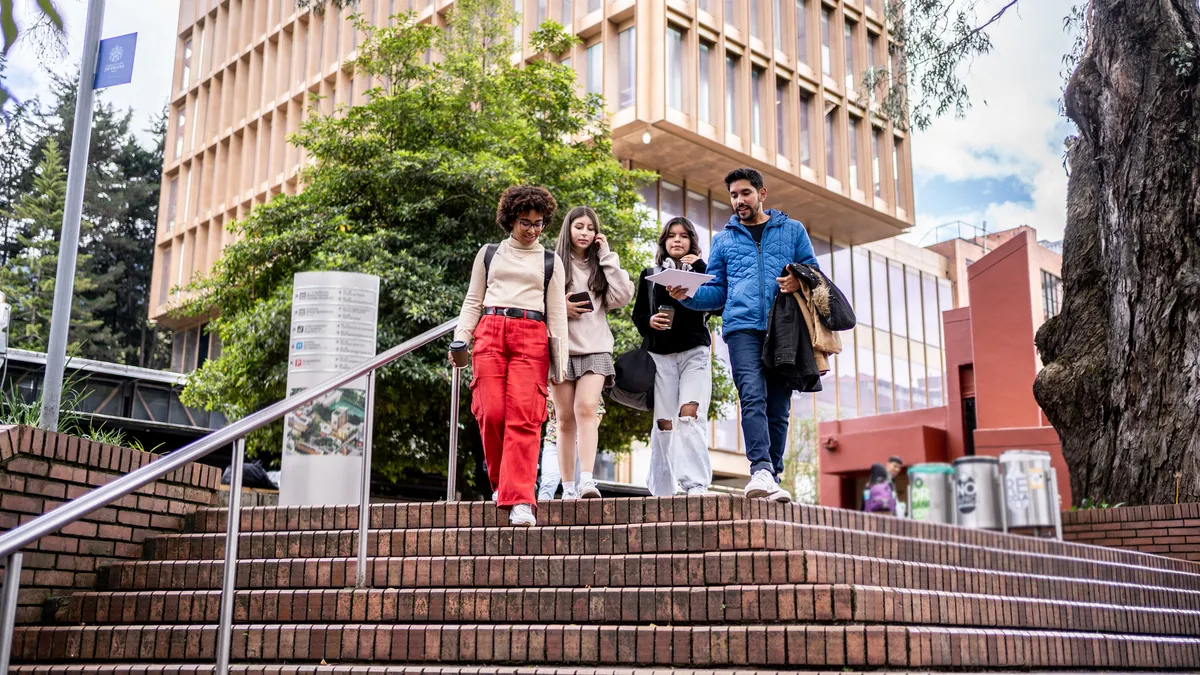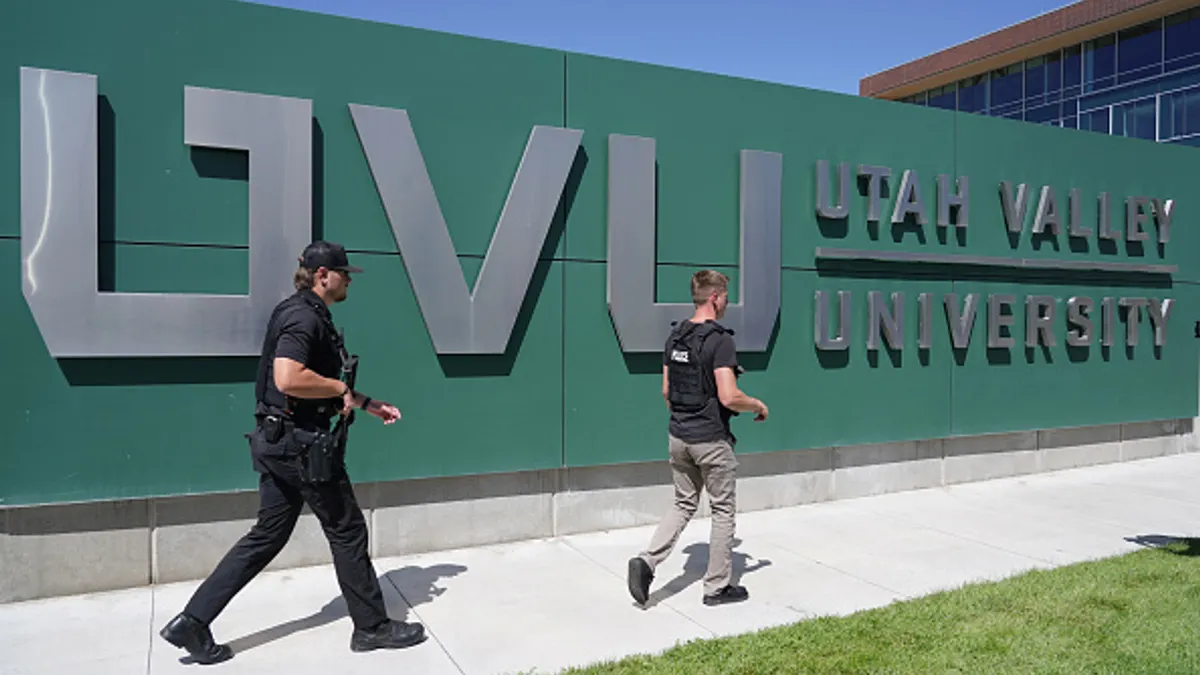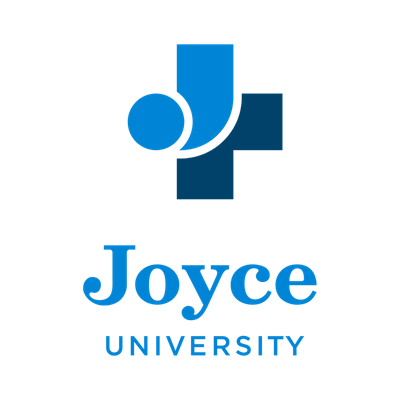As pressure builds against tuition increases while other economic headwinds make them difficult to avoid, colleges and universities are looking for ways to prove the education they offer is worth the sometimes hefty price tag. One way many are doing so is by raising the profile of their little-used yet widely marketed career services office.
Bolstered by data showing use can improve students' academic performance and job placement rates, the career services office is becoming more proactive on campuses nationwide. But in many cases, funding, staffing and awareness are not forthcoming.
"I just don't think career services is a priority yet for most colleges," said Lisa Hinkley, associate vice president and executive director for career and professional development at Wisconsin's Carthage College, where a strong tradition in career services has helped it attract a striking level of donor support, including a recent $15 million gift. "They understand how important this is, but few give it enough attention and resources."
Tanya Garcia, associate director of postsecondary policy research at Georgetown University's Center on Education and the Workforce and co-author of a 2017 report outlining ways to connect college and careers, said such programs aren't readily visible or seen as helpful to students.
"Alumni surveys aren't going to cut it anymore," she said, noting that traditional career offices using minimal data and serving, by some estimates, less than one-third of students, can't effectively guide what should be a fundamental part of a college's mission. "Among the students who do learn of these services, when do they access them? Probably at the end of their educational experience."
Fewer than half of college students use their institutions' career services, according to a recent McGraw-Hill Education survey. The same survey found just four in 10 college seniors feel "very" or "extremely" prepared for the workplace. Meanwhile, learners are more likely to get career advice from faculty and staff than from career services, according to a report from Gallup and Strada Education Network.
"I just don't think career services is a priority yet for most colleges. They understand how important this is, but few give it enough attention and resources."

Lisa Hinkley
Associate vice president and executive director, Carthage College
Rich Feller, a professor of counseling and career development at Colorado State University and former president of the National Career Development Association, said career centers face complex and competing pressures to prove return on investment while also providing "developmental stage, passion-based exploration advising."
Career services offices "have diminishing resources while facing expanding needs from both sides," Feller said. That means balancing employers' expectations of new graduates with the often-misinformed views held by students who are increasingly positioned as consumers and whose needs and interests tend to change. (Four in 10 students in one 2017 study misunderstood likely salaries across broad career categories, often overestimating the amount as well as employment prospects.)
Jeremy Podany, founder and CEO of consultancy the Career Leadership Collective, however, believes career services are becoming more visible and effective as colleges see their value and invest in them. In a survey of 500 students in November, his firm found more than half think about their careers daily. Another report indicated at least two of the top six college experiences (internships and mentoring) that graduates say helped them succeed professionally are often delivered through career services.
Elizabeth Mann Levesque, a nonresident fellow at the Brookings Institution's Brown Center on Education Policy and author of a recent report on barriers to completion for community college students, said career services also can play an important role in academic success.
"For students to stay motivated to persist on their academic trajectory," she wrote, "they need to both see the destination (the careers and earnings an education will provide) and the pathway to get there (the connections between what they are doing in school and what they would like to achieve)."
To be effective across the institution, Podany said, career services offices must broaden awareness of their work and enlist a network of others within and outside of the college.
"The trend is for the career office to be a campus leader," he said. "The savvy career offices go well beyond their walls and flip the old adage of 'Come see us and a counselor will help you out,' to 'Career preparation is unavoidable around this campus.'"
Here are four ways colleges can make that switch:
1. See the big picture
Helping students identify and pursue their careers should be a campuswide mission rather than the work of a few in one office, Colorado State's Feller said. "An all-in, community-based experiential model aims to reach all students by embedding career development into curriculum and partnering with campus offices to reach those unlikely to approach career centers," he said.
The model helps develop networks of students, faculty and other professionals in the same career field, as well as boost career exploration and readiness to "inspire students from orientation through graduation," Feller said.
At Carthage, Hinkley's team is helping career services expand its reach through a new, four-year career development program, Aspire. "Students don't really consider who they are or what they want to be unless they are prompted to," she said. "They may think they know, but it's not necessarily an informed decision. We prompt them to do that, then really take it out and test it."
In addition to an academic adviser, students in the Aspire Program are assigned a career adviser who meets regularly with them to develop and review a personalized career development plan and discuss progress or changes. With one in three students nationally changing their major at least once in the first three years of enrollment, according to U.S. Department of Education data, monitoring students to keep them on track to graduate is critical.
The sequenced program, which is mandatory beginning with students entering in the fall of 2019, guides students through the career development process. That includes participating in mock interviews and taking a career interest survey prior to obtaining an internship referral through the college. Advisers connect students with others on and off campus who can help them shape and, ultimately, execute their career plans.
2. Gather good data
Too often critical data is lacking, Georgetown's Garcia said. That includes information about incoming learners’ interests and career knowledge; how current students are progressing and whether their career goals are changing; and job market opportunities.
"Career centers at their core need good data and need to know how to use it," she said.
New census data is bringing together earnings and employment information for individual programs to help colleges focus their offerings and better inform students about career paths. The data recently became available for public colleges in Colorado and the University of Texas System, though it is expected to expand nationally.
3. Help students explore
Students often get inadequate career exploration opportunities and information in K-12, Garcia said. The issue persists on college campuses.
"Career services traditionally use self-reported interest and 'What's your passion?' assessments complemented by temperament tools to drive self-discovery," Feller said. "Unfortunately, this reinforces students' self-perception, narrows exploration and suggests an easy path."
As a result, students may ignore large swaths of potential careers and wind up in debt and with a degree that matches neither their abilities and interests nor workforce needs, he said.
Podany suggests encouraging faculty members to provide "robust career reflection assignments, activities and field experiences" in classes. He also recommends career centers offer videos like those from Roadtrip Nation, which feature interviews with prominent and ordinary people about their jobs, as well as online skills assessments such as those from Talevation and its student-focused career services program, TAP U!.
Feller points to exploration tools such as YouScience, which measures aptitude for and interest in careers through puzzles and offers information on those paths.
With most students toting a smartphone, colleges have several avenues through which to engage them about their career interests and prospects.
"Career centers need to be connected to a student's fingertips to be sustainable and will need to go with students rather than continue old ways of trying to attract students to a place called the career center," Feller said.
4. Expand career services' reach
Giving career services prominence within their institutions and positioning them to make more connections is also important, Podany said.
Hinkley, for instance, is a member of the Carthage president's executive staff. At the University of Richmond, the alumni relations, employer relations and career services offices all report into an assistant vice president of alumni and career services and collaborate often. At other colleges, ties between career services and academic affairs or admissions are formalized.
George Mason University, in Virginia, has programs to help undergraduate and graduate students connect with employers, advise them on careers and offer other professional development support. A network of "career influencers" provides training and resources to faculty and staff members working with students and potential employers.
"Career services traditionally use self-reported interest and 'What's your passion?' assessments complemented by temperament tools to drive self-discovery. Unfortunately, this reinforces students' self-perception, narrows exploration and suggests an easy path."

Rich Feller
Professor of counseling and career development, Colorado State University
At Ryerson University, in Toronto, career specialists are linked to a particular department to provide students with support specific to their major. They also present workshops and host employer events with closer ties to certain fields.
Academic breaks can also be a good time to reach busy students. Scripps College, in Claremont, California, is one of several colleges that provide students with career development opportunities during winter break, according to The Hechinger Report.
Colleges will help students however they choose to improve career services, Garcia said.
"We've tripled the number of occupations and quadruped the programs of study and we know these choices are important for our economy and our students yet we still find career guidance is too often overlooked," she said. "There is more attention on it now."















